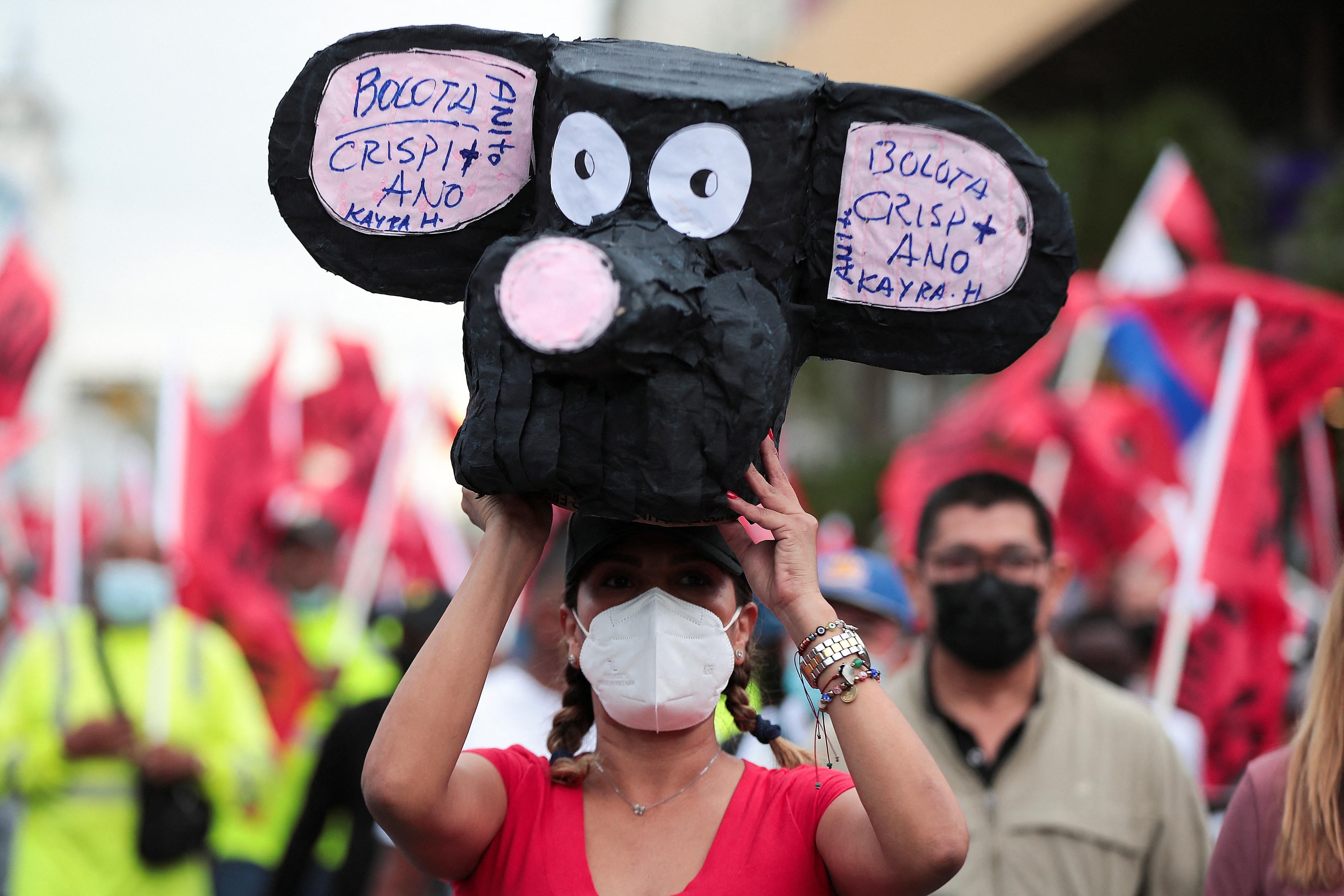What We're Watching: Panama protests, US-Taiwan drama, Russia-Ukraine grain deal
Protests paralyze Panama
In yet another example of how inflation caused by the pandemic and the war in Ukraine is stoking social upheaval around the globe, the Central American country has been paralyzed for weeks by protests over the high cost of food and gasoline. The demonstrations began in late June, fueled by footage of lawmakers partying with $340 bottles of whisky, and they have continued despite the government’s move to lower gasoline prices over the weekend. Now, with highways partly shut by protesters, food, and fuel shortages are worsening, and the government is rationing electricity to parts of the country because fuel trucks can’t get through. For decades, Panama has been relatively stable, owing to revenue from the Panama Canal and the fact that its currency is pegged to the US dollar. But as the Panamanian salsero Rubén Blades once noted, life is full of surprises: the pandemic crushed GDP by nearly 20% in 2020, and the recovery has been slow, with the jobless rate remaining above 12%. Meanwhile, inequality ranks among the highest in the region, and activists say corruption is rampant, even though the country returned to democracy in 1990 after Uncle Sam’s heavy metal ouster of dictator Manuel Noriega.
So, is Pelosi going to Taiwan or not?
Two days after the Financial Times reported that Nancy Pelosi plans to visit Taiwan next month – the first US House speaker to do so in 25 years – President Joe Biden said the Pentagon thinks it’s a bad idea. The still-unconfirmed trip has ruffled feathers in China, which regards the self-governing island as part of its territory — right as Biden and Xi Jinping are scheduling their next Zoom call, their first since March. We don’t know for sure, but perhaps Biden was kept in the loop and is coming out against the planned trip to throw Xi a bone ahead of the meeting. Either way, this all comes on the heels of growing love for Taiwan from US lawmakers on both sides of the aisle and follows Biden's own gaffes, ahem, strong-worded statements about the US defending Taiwan from a future Chinese invasion. Beijing, for its part, is likely as confused as we are by the mixed signals about an issue that, importantly, triggers China like no other.
